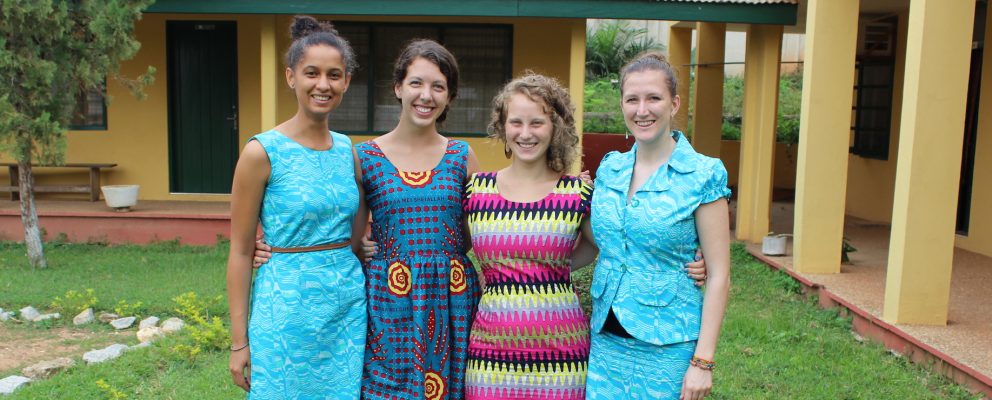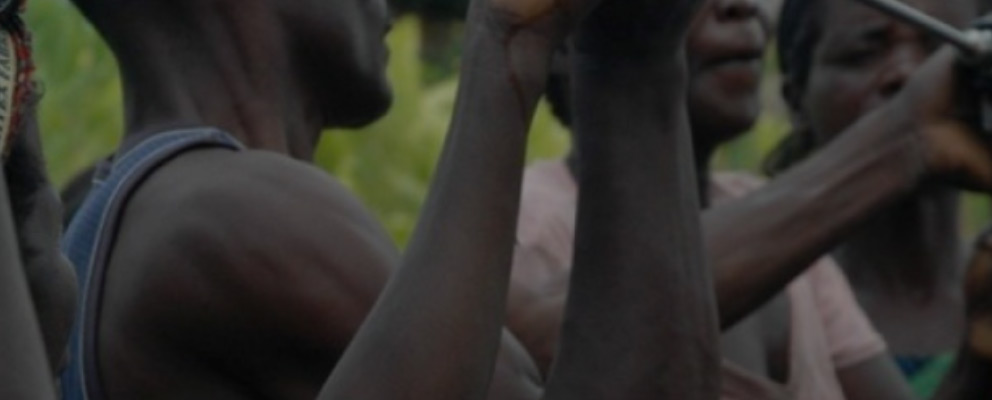
Introducing Courtney Robinson, our new Impact Evaluation & Learning Manager!
A bit about me…
I’m from Indianapolis, Indiana but I’ve lived all over the place during the past 10 years. I went to undergrad at University of Victoria where I studied environmental studies and economics, and then I moved to Ghana to work for Innovations for Poverty Action on a drought insurance randomized controlled-trial. While in Ghana I met a bunch of Engineers Without Borders folks and was drawn to the organization’s mission and vision. I went back to Ghana with EWB as a Long-term Fellow in 2013 where I worked for the AgEx team at five public agricultural colleges around the country. Since then, I completed my master’s in agroecology and agricultural and applied economics where I currently live in Madison, Wisconsin.
I love karaoke, crafting, riding my bicycle, and most things outdoorsy. I am also a complete and total evaluation nerd—I get really excited about survey methods research!
What it means to work as a “data translator”
I’m EWB’s new Impact Evaluation and Learning Manager and started this job a few weeks ago. This can mean a lot of things, but the initial focus I’ll be taking is on developing our monitoring and evaluation (M&E) processes to measure the impact of our SGB ventures and EWB’s venture model overall. In addition to this, I’ll be working with EWB staff to ensure that our strategy continues to build on what we learn about the impact of our ventures. In the long run, I look forward to building M&E processes for other aspects of the organization, such as our advocacy campaigns or the Engineering Change Lab. I will also make myself available and accessible to everyone in the organization who may have questions about evaluation and how it can be applied in whatever context they work in. You can think of me as a translator. I take data and translate it into forms that other people can understand and utilize.
Why this monitoring & evaluations role is important:
EWB distinguishes itself in the international development field by addressing poverty through systems change. This means we care about whether we are having sustainable impact on communities or not. If we aren’t impacting the communities we care about in a sustainable way, then we want to know how and why our programs aren’t working so we can improve them to achieve our goals. Evaluation and learning is a key part of understanding our current impact and using that information to make changes to our organizational strategy and program design. To learn more, check out this week’s posts on AEA365.org/blog about evaluation and impact investing.
Stayed tuned to ewb.ca for our upcoming 2016-2017 Annual Report (due to be out in late March) and check out existing reports here!
